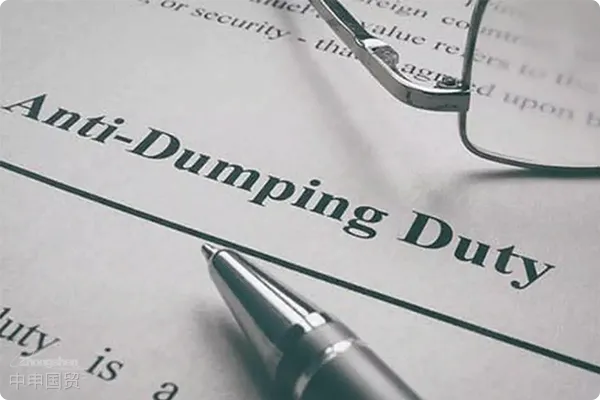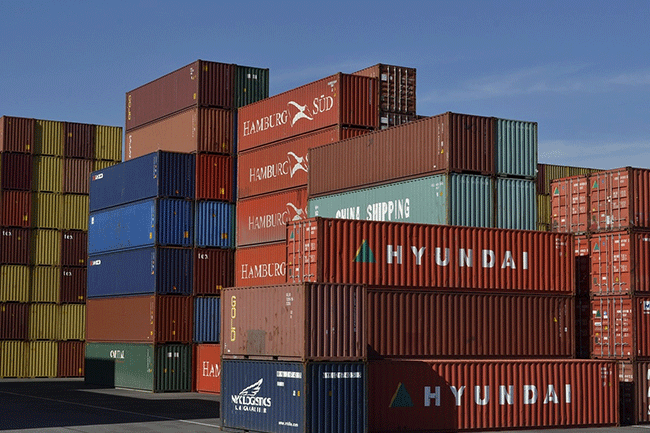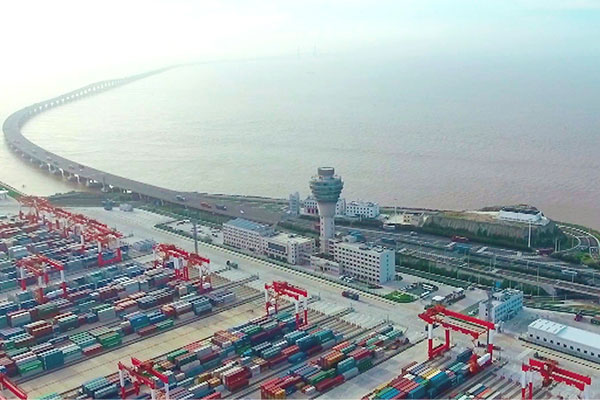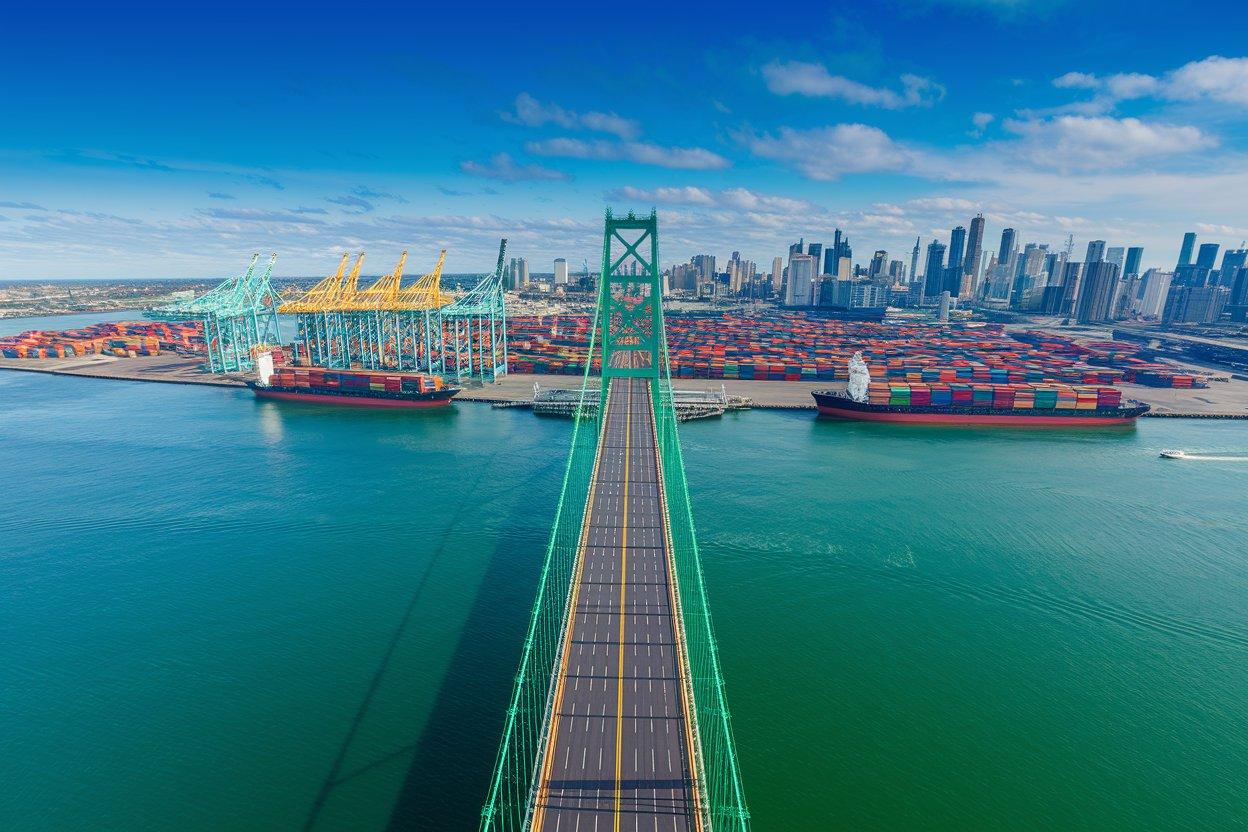- Shanghai Zhongshen International Trading Co., Ltd. – Your reliable partner with 20 years of import/export agency service expertise.
On the global trade stage, anti-dumping investigations have become a common tool for countries to protect their domestic industries. Recently, India launched 13 anti-dumping investigations against China within just 10 days, reflecting a sharpening of its trade stance toward China. As one of the worlds largest trading partners, how should China respond to these investigations, and how can it maintain stability and growth in global trade?

I. Indias Intensive Anti-Dumping Investigations: An Unusual Phenomenon
(1) A Historic Wave of Investigations
Within just 10 days from September 20 to 30, 2023, India initiated 13 anti-dumping investigations against China across multiple sectors, including transparent cellophane films, roller chains, and soft ferrite cores. Such intensity is historically rare.
(2) Background and Motivations for Anti-Dumping Investigations
India has consistently been one of the top countries imposing anti-dumping measures against China. This is closely tied to Indias widening trade deficit with China and its economic and strategic considerations.
(3) The Global Landscape of Anti-Dumping
From 1995 to 2023, a total of 1,614 anti-dumping cases were filed globally against China, with India, the U.S., and the EU ranking as the top three with 298, 189, and 155 cases, respectively.
II. Response Strategies for Chinese Enterprises
(1) Active Participation in Litigation
Chinese enterprises should actively respond to anti-dumping investigations to avoid being subjected to the highest tariff rates, thereby protecting their foothold in target markets.
(2) Monitoring and Adapting to Changes in the International Market
It is essential to stay updated on international market trends and proactively anticipate and address potential trade frictions and challenges.
(3) Continuous Optimization and Improvement of Product Quality
By continuously improving product and service quality, enterprises can enhance their competitiveness in international markets and reduce the likelihood of complaints.
III. The Real Issues Behind Anti-Dumping Measures
(1) The Shadow of Trade Protectionism
Anti-dumping measures are often misused as tools of trade protectionism, introducing uncertainty and risks to global trade.
(2) The Complexity of Global Trade
In the context of globalization, unilateral trade measures often fail to address root causes and may instead trigger new trade frictions and disputes.
(3) Seeking Paths for Multilateral Cooperation
In navigating complex global trade relations, multilateral cooperation and dialogue emerge as key pathways to resolving issues.
Related recommendations
- How Can Environmental Equipment Exports Steer Clear of the Three Major Compliance Minefields?
- Disinfection-equipment export held up by customs inspection? A professional walk-through of the entire clearance process
- 2025 Global Equipment Export Market Landscape Evolution: The Core Value of Professional Agency Services and Emerging Market Strategies
- Is the wine-import agency business really a high-margin goldmine?
- How to Sidestep the Three Hidden Pitfalls When Choosing a Red-Wine Import Agent?
? 2025. All Rights Reserved.










